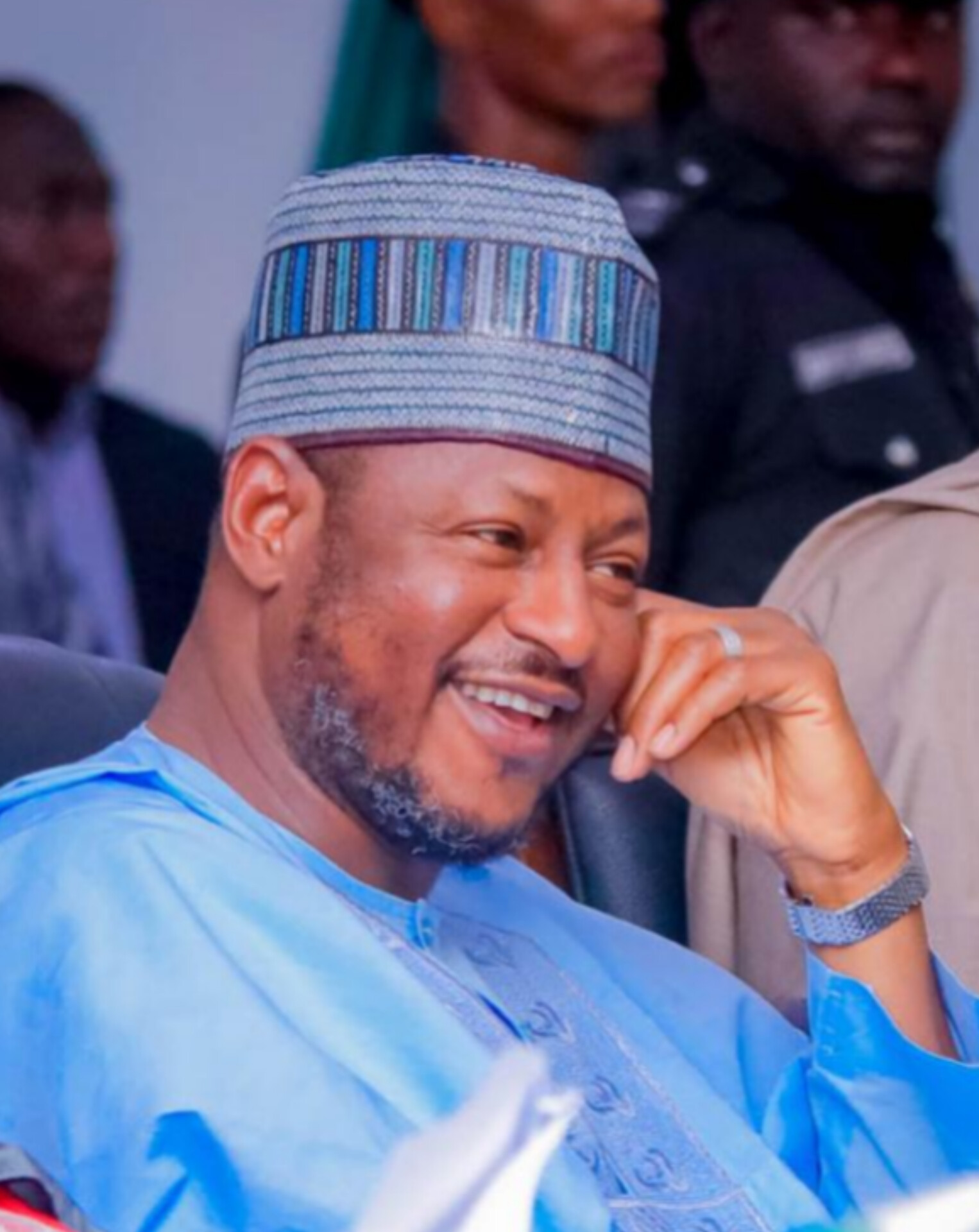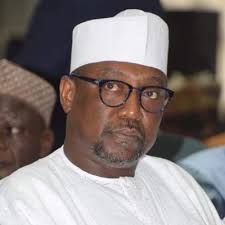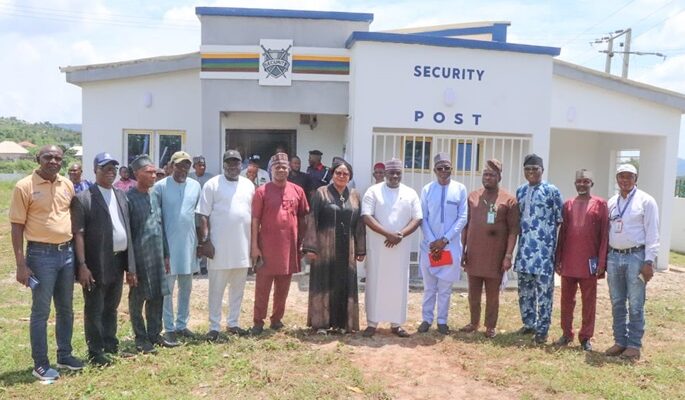Governor Dikko Umaru Radda of Katsina State has urged the federal government to allow citizens to allow citizens to buy arms to protect themselves since bandits freely buy weapons such as AK-47 and RPG in the market illegally
He said governors should not be blamed for the security challenges bedevilling their states because they are chief security officers without the authority to command the military forces, the police and other security agencies to deal with security issues in their states.
Governor Radda asked the federal government to play a more critical role in the security of lives and property in the country adding that his administration had legally established a ‘community watch corps’ to deal with banditry in conjunction with the military.

The governor, at a media parley on Thursday in Abuja, said bandits are hardened criminals who must be eliminated in Katsina, stressing that his administration would not leave any stone unturned in ensuring they are exterminated.
He said some traditional rulers in the state are under investigation over their alleged “romance” with bandits, stressing that whoever is found to be a sponsor or ally of bandits would not be spared no matter how highly placed.
He said, “We governors are so-called chief security officers of our states, but we don’t have the authority to command the military, police or civil defense. They receive orders from above.
“In our efforts, we have come up with the intelligence unit within the Katsina Community Watch Corps. This intelligence unit, even the corps members don’t know them. The reason for setting it up is to check the excesses of the Watch Corps and also to gather information.
“There are some traditional rulers who have been identified, adding that they are already under scrutiny. So, we are not sparing anybody even commissioners in my regime, we are not going to spare anybody found to be involved in one criminal activity or the other.
“We are talking about the lives of over 10 million people not one single individual. No single individual is more important than 10 million people or the lives of an innocent person in the village. We are trying as much as possible to gather a lot of information together with the intelligence we are getting from the DSS so that we can build a network that we can arrest and prosecute any person found wanting.
“It is a double-edged sword. We cannot fold our arms and say we will not protect ourselves because we don’t have the sophisticated arms that these bandits have. We have the numbers, we have the zeal and the determination, and you should remember, if they are going for any outing, it is just like the way it was done in Borno through the Civilian JTF.
“They will be covered by the police and the military who are heavily armed. So, I think it is a concerted and joint effort. And I think gradually, we are working within what the law allows us to possess.
“We are driving towards that, and we are seeking reforms within the federal government in that regard. If a bandit can go to the market and buy AK-47, RPG, and all of those weapons, what of the people that want to protect themselves? They, too, should equally be allowed to do so. These people are holding it illegally, we are trying to hold it legally. Why can’t the government allow the people to hold this thing and equally confront the challenges?
“Negotiations with bandits is a no go area in my perspective but I said if I am at the point of advantage, if the bandits come out and say look, ‘we are dropping arms, let us sit down and talk’, we could reintegrate them back into the society.
“But I will not go begging bandits to come for negotiations. Let us deal with the situation. If they are weak, let them come out, let us negotiate, and we will reintegrate them back into society. They are our people, our brothers, but we cannot protect a criminal.”




